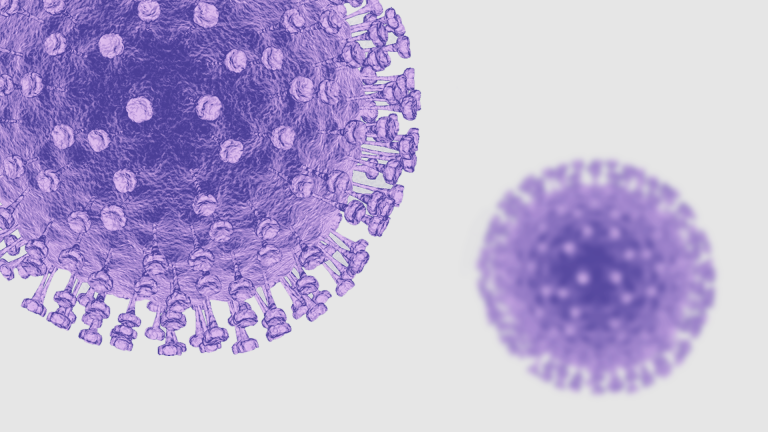
27 March 2020, Geneva
The International Red Cross and Red Crescent Movement on Thursday launched a revised emergency appeal for 800 million Swiss francs (823 million US dollars) to help the world’s most vulnerable communities halt the spread of COVID-19 and recover from its effects.
While COVID-19 is already a global pandemic, it is still possible to reduce its spread and the number of lives lost by improving access to critical resources.
IFRC President Francesco Rocca said: “This pandemic is putting at risk entire health systems, and the situation will worsen in places where those are weak or inexistent. A strong community response is critical to stop the virus.
COVID-19 affects everyone equally, but migrants and displaced people, those who are homeless, and those in disaster-prone areas are among those most exposed to infection, least able to access health care, and most impacted by loss of income.
They must not be forgotten. We must strengthen the support to our Red Cross and Red Crescent volunteers who are on the frontline of this response.”
The International Red Cross and Red Crescent Movement consists of three parts: the International Committee of the Red Cross (ICRC), the International Federation of Red Cross and Red Crescent Societies (IFRC), and 192 National Red Cross and Red Crescent Societies.
The IFRC is appealing for 550 million Swiss francs (566 million US dollars) to support National Red Cross and Red Crescent Societies in health care, prepositioning of goods, risk communication, lessons learned from global network of local responders, cash grants for families, and mitigating impacts of large outbreaks).
Out of the 550 million Swiss francs, 150 million Swiss francs is for IFRC to support National Societies in need, while the remaining 400 million Swiss francs will be raised by National Societies domestically.
– The ICRC is appealing for 250 million Swiss francs (256 million US dollars) to respond in places of conflict and violence, to support medical facilities and places of detention, curb the spread among and ensure medical access for displaced people and detainees, and to support National Red Cross and Red Crescent Societies in their response.
ICRC President Peter Maurer said: “The international community must increase support now to the under-resourced communities crippled by conflict, or risk allowing another humanitarian catastrophe to unfold on top of the countless others war-torn communities have endured. Viruses know no borders; this is a global problem that will only be solved by global action.”
Work already being carried out by the Movement includes support to National Societies to increase their health care services, community engagement and pandemic preparedness activities for vulnerable populations.
This includes the reinforcement of supplies in medical facilities, expanding sanitation and disease prevention programmes including in places of detention, and mitigating the socio-economic impact of the outbreak by ensuring communities maintain access to basic services. Support will also be provided to States to implement WHO guidelines to detect COVID-19 early, isolate and treat cases, and trace contacts.
Both organizations warn that stemming the pandemic’s rapid global spread requires a coordinated and society-wide approach, including funding and support across state and national levels. The impacts of COVID-19 will be felt everywhere, but the most vulnerable people are at especially high risk.
Governments, individuals, communities, institutions and donors must work together at all levels to mitigate the health crisis’s devastating impacts.
The International Red Cross and Red Crescent Movement is the world’s largest humanitarian network. Its community-based volunteers and staff help the world’s most vulnerable people, including those living in countries with under-resourced health and social welfare systems; people recovering from recent disasters; migrants and displaced people; those in conflict zones and who face ongoing violence; people in urban slums; detainees; and people suffering from the socio-economic impact of COVID-19.
(Source: +C IFRC)










